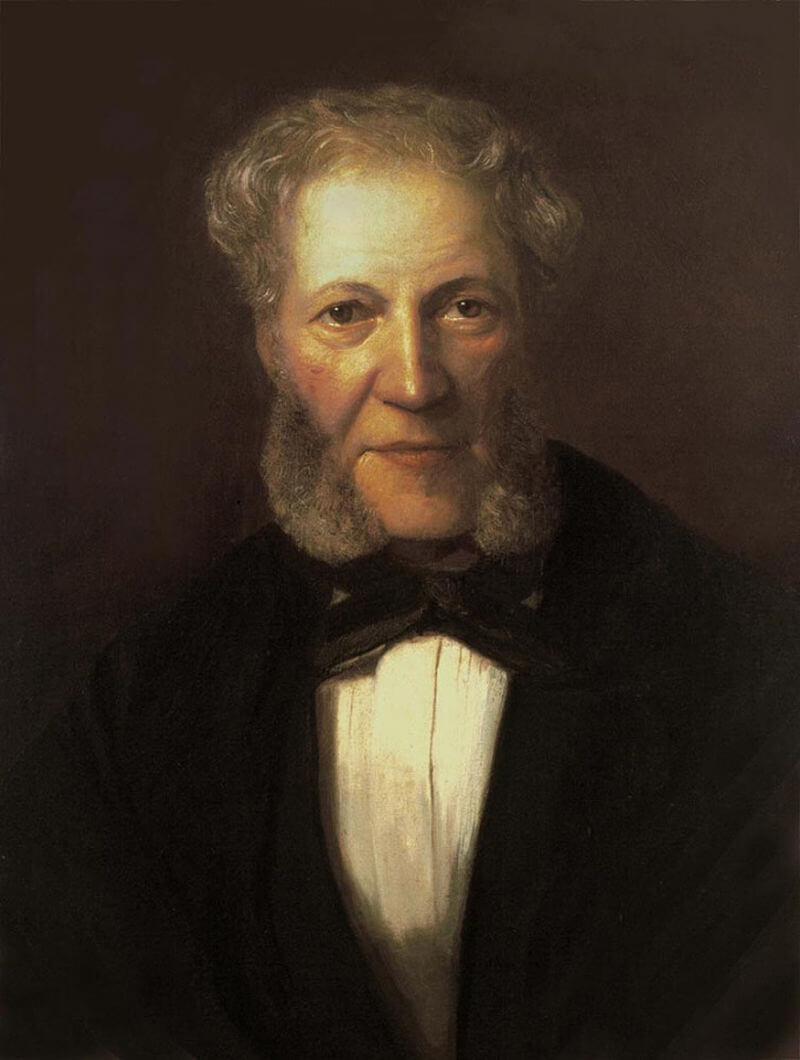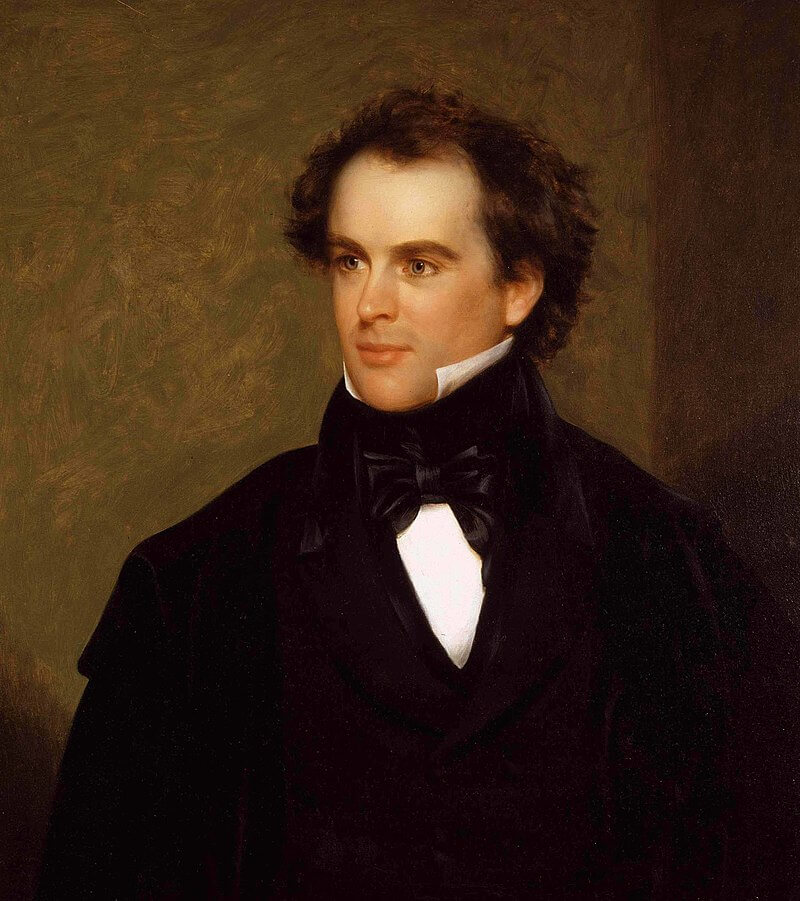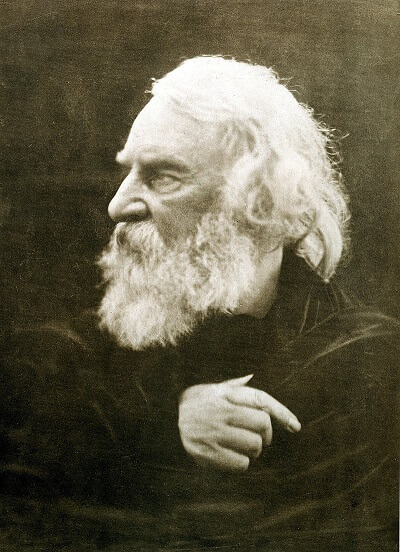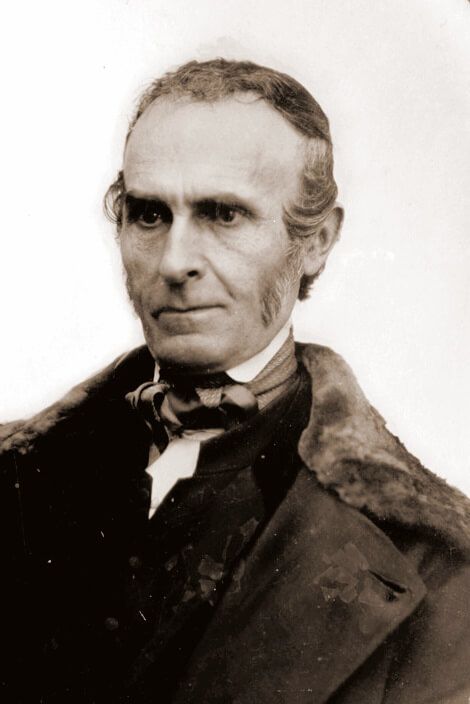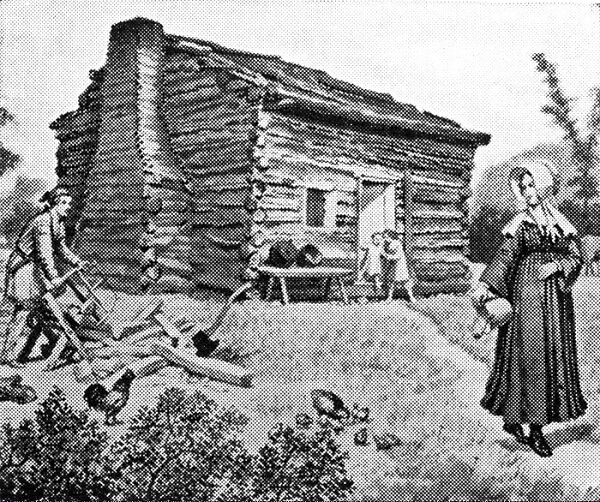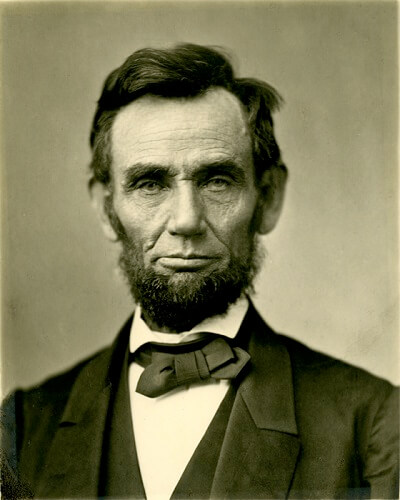Activity 1: Recite the Composition Information
- Recite the name of the composer and the composition.
Activity 2: Study the Music Timeline
Examine the music timeline to answer the following questions.
- What is the year of birth of the lesson composer?
- What is the year of death of the featured composer?
- How old was the composer upon death?
- Which composer (if any) directly precedes the studied composer by date of birth?
- Which composer (if any) directly succeeds the lesson composer by date of birth?
- Which other timeline composers were alive at the same time as the studied composer?
Activity 3: Map the Music
- Robert Schumann was born in Germany.
- What is the name of the capital city of Germany?
Activity 4: Write a One-Page Paper About Robert Schumann
Read these facts about Robert Schumann and write a one-page story out of them, using your own words.
- Robert Schumann was born on June 8, 1810.
- Robert Schumann was born at Zwickau, in Saxony, Germany.
- When Schumann was nine years old he heard the great pianist Ignaz Moscheles play and resolved to become a great pianist.
- When Schumann was a youth, he showed a gift for writing poetry.
- Schumann's father was a successful bookseller.
- All through his life Schumann was a great lover of the writings of the German author, Jean Paul (whose full name was Jean Paul Richter). Much of his music shows his high regard for that writer of fairy stories.
- Schumann was twenty-one years old when he injured his hand and learned that therefore he could not hope to be a pianist. It was then that he made up his mind to be a composer.
- Schumann had enough means to live in comfort. He was not poor, as were Mozart, Schubert, and some others.
- Robert and Clara Schumann had eight children, and some of Schumann's best music was written to interest his children.
- Schumann died July 29, 1856, at the age of 46.
 12 Tremendous Composers
12 Composers
12 Tremendous Composers
12 Composers

 12 Tremendous Composers
12 Composers
12 Tremendous Composers
12 Composers

